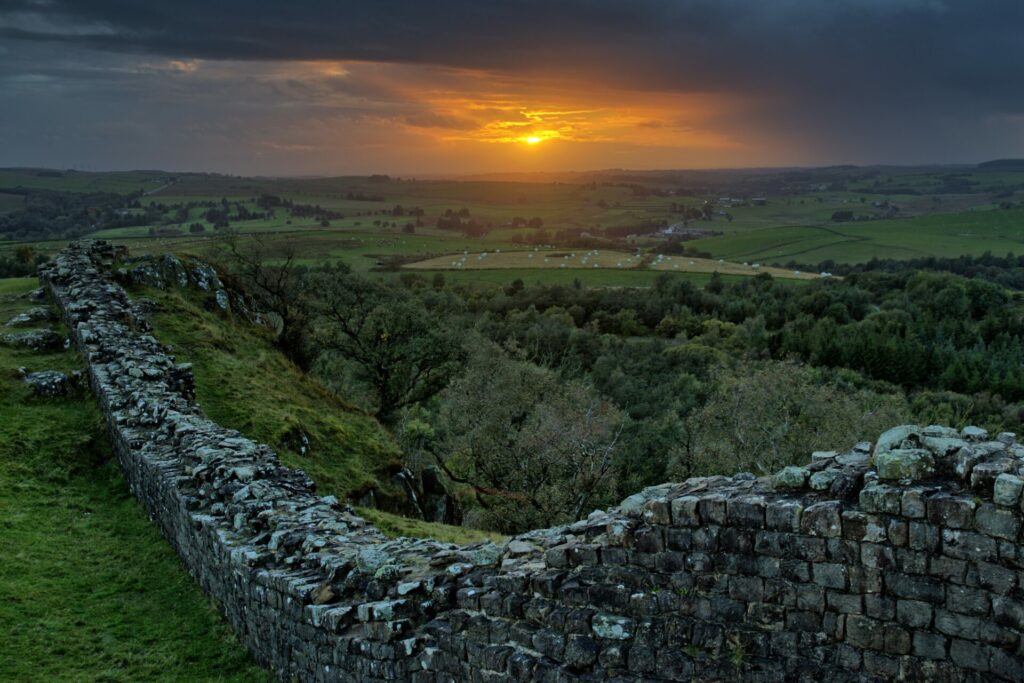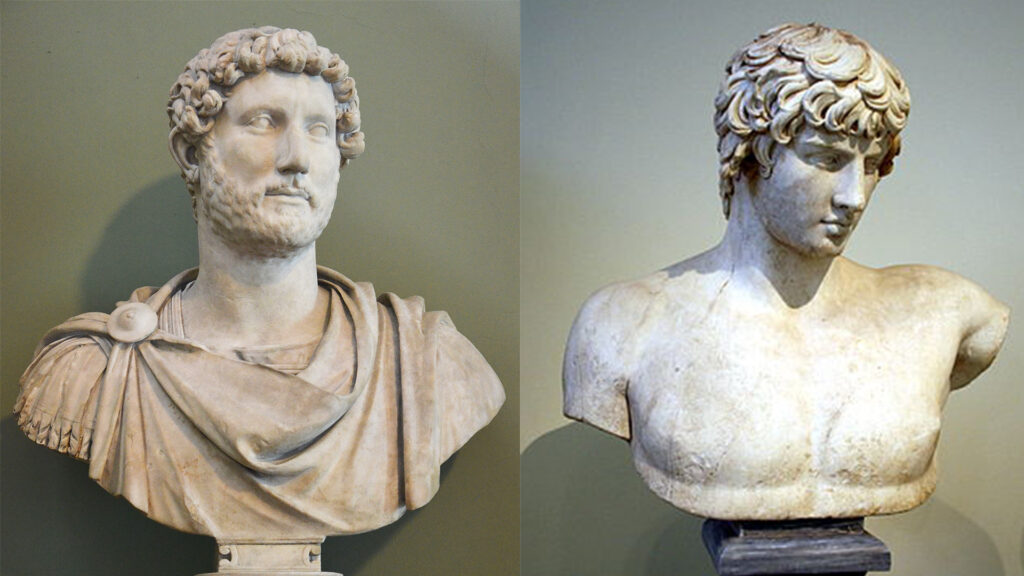Hadrian’s Wall is being called a gay landmark – here’s why
"To understand Hadrian's Wall, you have to understand the Roman emperor who built it – his career, his life, and the times in which he lived"

Hadrian’s Wall, a UNESCO World Heritage Site in the north of England, has been deemed a part of LGBTQ+ history by English Heritage.
The wall was built under the instruction of the Roman Emperor Hadrian to protect Britannia from the “barbarians” north of the border in present-day Scotland.

Marking the end of LGBTQ+ History Month, the 1,900-old structure has been recognised as a part of queer history because Hadrian, who was married to a woman, also had male lovers.
It was not unusual for men to have same-sex relations during the Roman Empire and Hadrian’s male relationships are well documented.

His most famous partnership was with Antinous, a younger Greek man who toured the empire with the emperor.
National Museums Liverpool wrote of the pair’s relationship: “Antinous became his beloved and accompanied Hadrian on his travels. Hadrian visited Egypt in 130 CE, with both his wife and Antinous, and embarked on a voyage up the River Nile. On 24 October Antinous drowned in the river, leading to a public outpouring of grief by Hadrian.” Antinous’ death led to Hadrian erecting numerous statues in his memory as well as the city Antinopolis.
In English Heritage’s letter to their members, they said: “To understand Hadrian’s Wall, you have to understand the Roman emperor who built it – his career, his life, and the times in which he lived.”
English Heritage also named Chiswick House, Walmer Castle, Farleigh Hungerford Castle, Eltham Palace, and Rievaulx Abbey as places linked to England’s LGBTQ+ history.
The announcement has been rightly celebrated by many as being long overdue recognition of the queer history that surrounds us and has for so long been expunged from records and consigned to the sidelines.
Predictably, however, there are quarters who have taken umbrage with the news. GB News has reported that Professor Frank Furedi, an academic, has accused English Heritage of being “hyper trendy.” Furedi is also quoted as saying that English heritage is “reading history backwards.”
